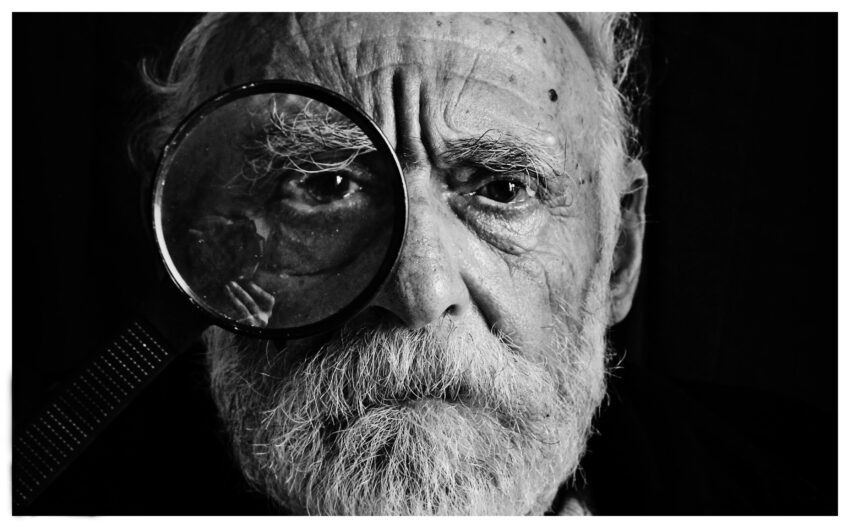B’’H
Well-known Mystic and Chasidic public speaker Daniel Katz likes to tell his own inspiring story.
He used to daven (pray) in a variety of different shuls depending on his schedule and mood. However, while his children were growing up, his wife pressured him to just choose one specific shul (synagogue) that their family could belong to and attend. He agreed with his wife that for the sake of the children he would pick one family synagogue.
After going through and reviewing many different options, he finally narrowed down his search to two shuls. However, deciding between the two was very difficult for him. So he poured his heart out to the Divine and asked for clarity on the issue.
That Friday night, he brought his children with him to one of the shuls that were on his list. As he settled into his seat and began to pray, an elderly gentleman started screaming at him about how selfish and insensitive it was of him to sit in those seats, claiming that those seats belonged to a different person. His screaming became even louder and Daniel found it to be extremely embarrassing, especially to his children. Soon, many people in the congregation became involved in calming the elderly gentleman down.
Daniel assured himself that he and his children had been occupying the proper seats and they all were behaving appropriately. Daniel was tempted to rebuke the elderly man but fought off the temptation with all of his might, although he would have loved to have wiped away the shame and upset that the man had caused his family.
Eventually, the elderly man calmed down and Daniel said to himself rather humorously, “At least I got my answer from G-d which shul NOT TO daven in!”
The next Friday night he brought his children to the second shul on his list to see if it was agreeable to them. Unfortunately, it was not what he had expected. It was not welcoming at all.
Meanwhile, over the next week, he was taken aback by the number of calls from the other congregants begging Daniel to return to the shul with the elderly man. One congregant explained the situation to Daniel which ultimately changed his entire outlook as to what had occurred.
The congregant went on, “Please don’t judge the whole shul based on one old man’s bad behavior. Unfortunately, he and his wife, nebach, could never have children and he became fiercely embittered. Every time he saw children praying with their father, feelings of jealousy overwhelmed him and triggered something awful in him that was very hard to control. Unfortunately, he takes it out on good people like yourself.”
Daniel recalled how relieved he was that he did not challenge the elderly gentleman. He went on to say, “His suffering was so great, I would not have wanted to add any more pain to his life.”
Daniel decided to join that shul.
In this week`s Parsha לך לך, Hashem promises Avraham with the following blessing: וַאֲבָרְכָה, מְבָרְכֶיךָ, וּמְקַלֶּלְךָ, אָאֹר
Whoever blesses you, I will bless and whoever curses you, I will curse. Chassidus asks, why did the Torah decide to use a different word to explain curse אאר instead of the word אקלל.
The holy lover of Klal Yisrael, Rabbi Levi Yitzchok of Berditchev, explains that the word אאר could also be translated as “as I will bring light.” What He meant was, if there is a person who is so bitter in life and has so much darkness that he/she is still cursing the person who represents the epitome of kindness, I will enlighten him/her to your greatness and bring light back into their lives.
Once he/she is not so bitter with themselves, they will have the ability to bless you instead of cursing you. Many times in life, people that we are very close to us, say the most hurtful things to us. These hurtful statements pierce our hearts like a sword.
The lesson the great Berditchev is teaching us here, is, don’t allow yourself to believe that these words are true. Understand that your loved one is in a very deep state of bitterness with himself/herself, and needs your support more than ever. If you can resist arguing back, as Daniel did in shul, it will give them the opportunity to restore love and happiness into a fellow Jew’s bitter life.
Have a wonderful Shabbos.
Yitzchok Friedman

